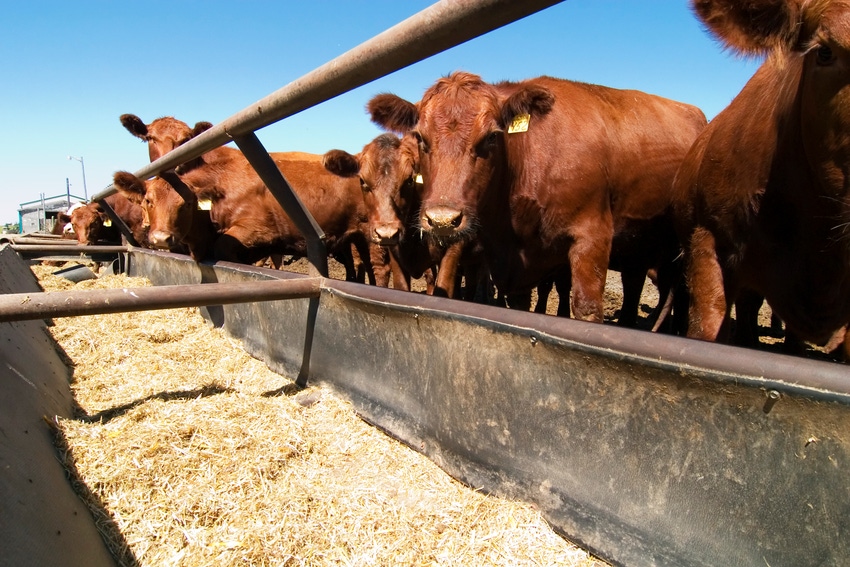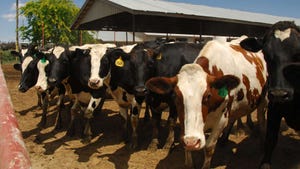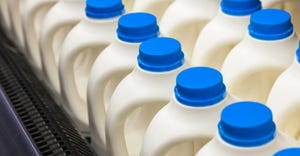Probiotic strains may aid cattle feed efficiency
Microbial balance of animal’s gut plays major role in how efficiently ration is processed.
October 8, 2020

Feed is one of the most costly inputs in a feeding operation, which has made improving feed efficiency a long-standing goal for producers, according to Dr. Kip Karges, ruminant products manager with Lallemand Animal Nutrition.
Considering that feed costs make up between 55% and 75% of the total cost of cattle production, even a small increase in feed efficiency can have a big effect. For example, a 5% decrease in feed efficiency could have an economic impact four times greater than a 5% improvement in average daily gain (ADG), Karges said.
It is well documented that genetics, health status and ration formulation can play major roles in the feed efficiency of cattle. Recently, researchers have determined that the microbial balance of an animal’s gut plays a major role in how efficiently the ration is processed in the gut, he added.
Unlike many other factors, microbes in the gut can be influenced for a relatively low cost per head. For example, studies have shown that probiotics like Lactobacillus acidophilus can be utilized to improve feed efficiency in finishing feedlot cattle while substantially enhancing the rate of gain, said Karges, who pointed to unpublished data from Lallemand research.
He explained that in one study of 540 beef steers, cattle supplemented with the probiotic L. acidophilus BT-1386 had a 4.2% improvement in feed conversion and a 3.06% improvement ADG over control cattle. In addition, probiotic-supplemented cattle had a net weight gain advantage of 13 lb. per head during the 118-day finishing period.
Specific probiotic strains of L. acidophilus can work in the gut to promote and maintain a normal intestinal environment that inhibits the ability of pathogenic bacteria to develop, which contributes to performance, feed efficiency and even food safety, Karges noted.
You May Also Like



